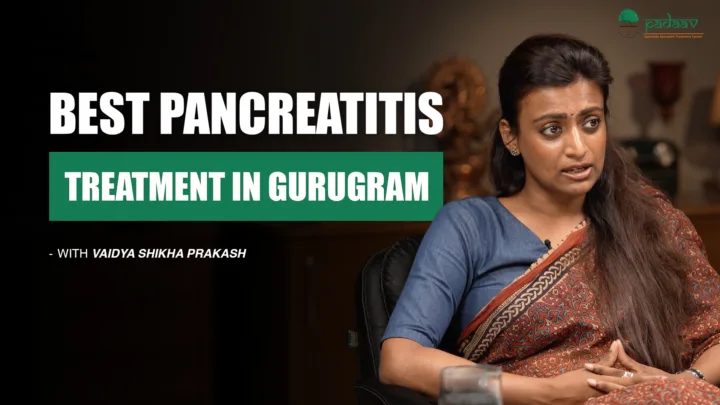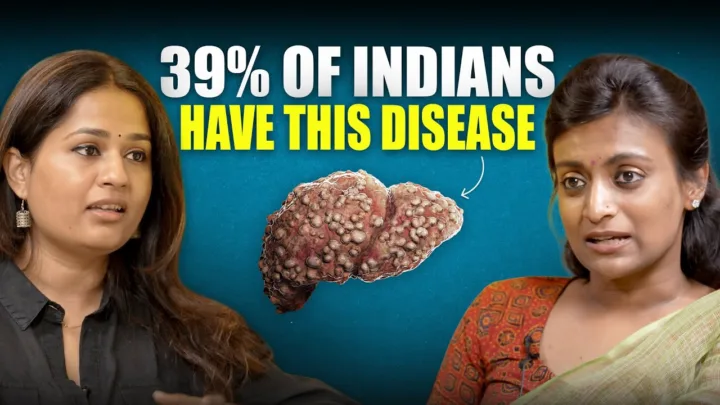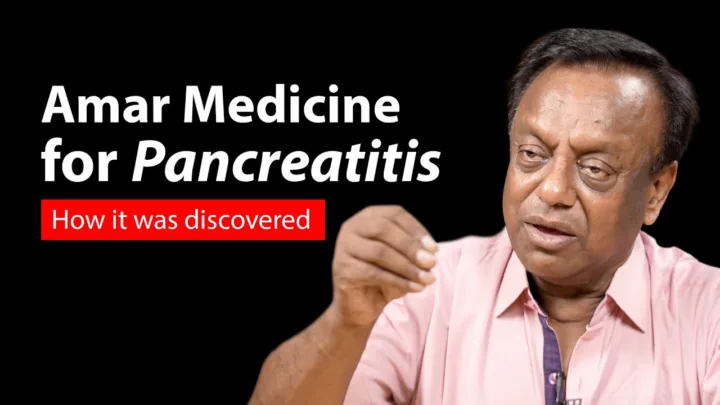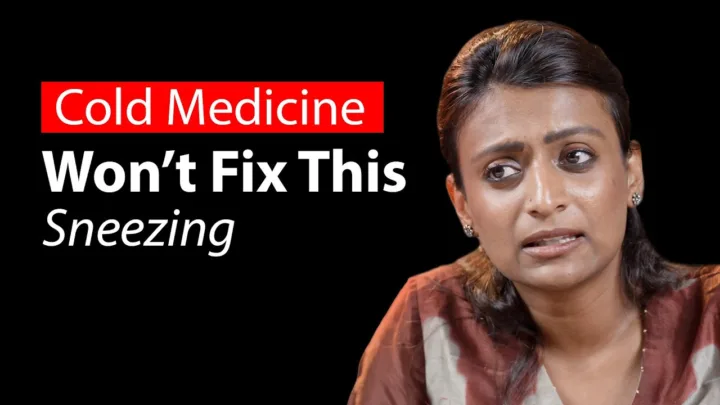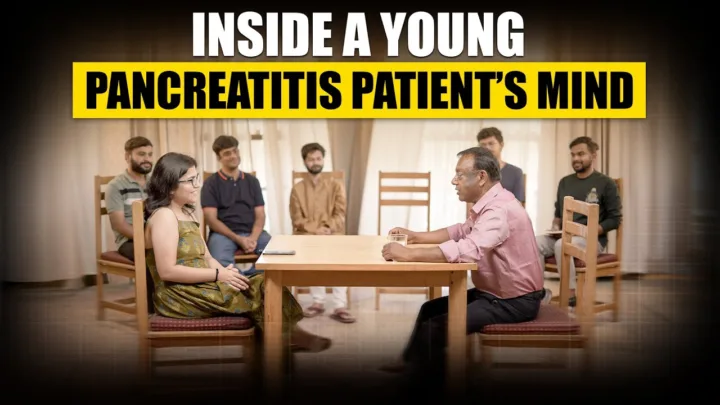Non-alcoholic fatty liver disease (NAFLD), now more commonly known as Metabolic Dysfunction-Associated Steatotic Liver Disease (MASLD), is a silent epidemic on the rise. Often misunderstood as a consequence of obesity or alcohol consumption, this condition is now appearing in children as young as nine. Vaidya Balendu Prakash, a physician with 48 years of clinical experience and a survivor of the disease himself, offers a unique and deeply personal perspective on its causes, myths, and a path to complete reversal.
The Modern Epidemic: A Disease of Lifestyle, Not Just Diet
Vaidya Prakash challenges the notion that fatty liver is solely a consequence of poor eating habits. While food is a critical component of health, it is only one of the three pillars of well-being according to Ayurveda, the others being lifestyle and medicine.
The real culprits, he argues, are often overlooked. His observational research on over 2050 pancreatitis patients revealed a shocking truth: 93% of them had a habit of sleeping late. This lack of a proper circadian rhythm sleeping and waking at the right time causes a metabolic imbalance that directly affects the liver. Even children today are exposed to screens late into the night, disrupting their sleep and making them vulnerable to such disorders.
He further debunks the myth that only obese individuals can develop the disease. He points to “starvation” as another major cause, which he defines as long gaps between meals. His data shows that 53% of his pancreatitis patients had a habit of skipping breakfast. The body, he explains, requires fuel at regular intervals; depriving it leads to metabolic stress. This is why he advises against fads like intermittent fasting for certain body types and instead recommends a disciplined routine of three meals and two small snacks.
Debunking Common Myths About Fatty Liver
Vaidya Prakash addresses several misconceptions about the disease, providing insights from his own life and clinical practice.
- Myth: All Fatty Liver Disease Leads to Cirrhosis. While the disease can progress, it is not an inevitable outcome. He asserts that fatty liver is 100% reversible if managed with discipline and proper treatment.
- Myth: Liver Cleansing is the Answer. He dismisses the idea of “liver cleansing” programs, stating there are no shortcuts to health. The only path to reversal is through consistent, disciplined habits.
- Myth: A Zero-Fat Diet Is Best. He cautions against completely eliminating fat from one’s diet. A healthy amount of fat (around 30 ml per day) is essential for the absorption of crucial vitamins (A, D, E, K). He humorously references Lord Krishna, who ate large quantities of butter, to illustrate that fat itself is not the enemy; a sedentary lifestyle is.
- Myth: Any Exercise Is Good Exercise. Drawing from his personal battle with a large liver, he warns that high-impact exercises like running can increase inflammation. He recommends gentle, steady-paced activities like walking or swimming that do not cause undue stress on the body.
- Myth: Home Remedies Are a Quick Fix. He shares his own failed attempts at curing his condition with home remedies like aloe vera and cow’s urine. He stresses that medicine should be based on research and proven efficacy, not on hearsay. For instance, he points out that as per Ayurvedic texts, giloy should be consumed fresh, not in its common dried form.
A Holistic Approach to Diagnosis and Treatment
Vaidya Prakash’s approach to health goes beyond conventional methods. He believes that a diagnosis cannot be based on blood tests and imaging alone. He uses a clinical method, a “punch test,” where he presses on the patient’s right rib cage. If it causes pain, it is a clinical indicator of a fatty liver, even if blood reports are normal.
His treatment philosophy is a blend of diet, lifestyle, and medicine.
- Diet: Since there’s no “meter gauge” in the stomach, he has developed a practical formula for portion control. He advises patients to eat a meal and then wait. If they feel hungry after two to two and a half hours, the quantity was just right. If they get hungry sooner, they need to increase their intake slightly, and if they feel full for longer, they should eat less the next time. He emphasizes moderation and mindful eating, not just what is eaten but also when and how.
- Lifestyle: He defines true health as a state of a happy mind, body, and spirit. Stress, worry, and sadness directly impact the liver and must be managed.
- Medicine: The Vaidya uses a specific Ayurvedic medicine, PRAK- 20, which has scientifically proven hepatoprotective and anti-fibrotic properties. He himself has been taking it since 1992 and believes that such evidence-based Ayurvedic medicines are a powerful tool in treating this disease.
In a world full of misinformation and quick fixes, Vaidya Prakash’s message is a powerful one: we must become our own “gurus.” By taking charge of our diet and lifestyle, we can not only prevent and reverse fatty liver disease but also reclaim our health and well-being.

